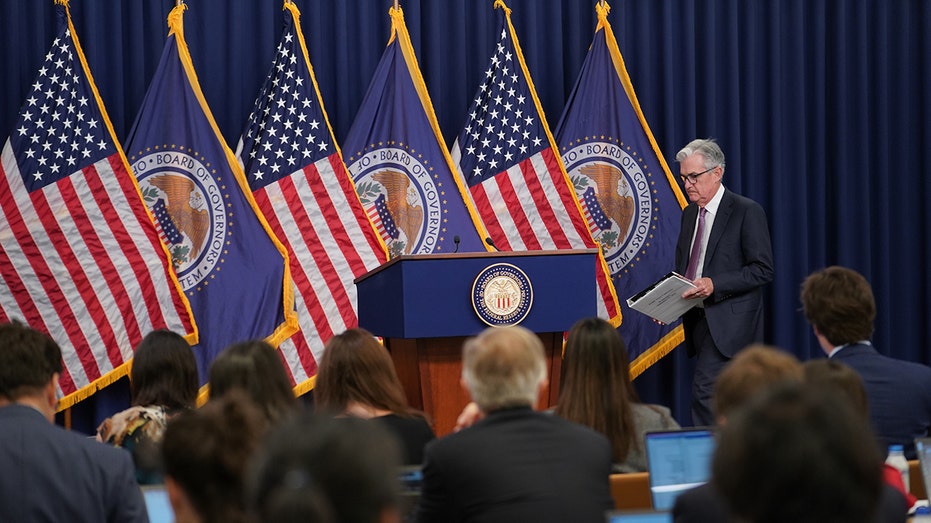The Fed's war on inflation could cost the US economy 1M jobs
Fed will need to 'destroy' at least 1M jobs to crush inflation, analysis shows
Federal Reserve moving 'much too quickly' on raising rates: Mark Grant
Colliers Securities Chief Global Strategist Mark Grant assesses the Federal Reserve's most recent rate hikes and discusses market strategies.
The Federal Reserve is escalating its fight against inflation with a series of supersized interest rate hikes that threaten to do some serious damage to the U.S. economy and the labor market.
At their two-day meeting last week, central bank policymakers approved the third straight 75 basis point rate hike and released quarterly economic forecasts that show they expect unemployment to climb significantly higher in coming months.
The updated projections showed unemployment rising to 4.4% by the end of next year, up from the current rate of 3.7%. That is significantly higher than June when policymakers saw the jobless rate inching up to 3.7%. Chairman Jerome Powell conceded during the post-meeting press conference that higher rates could "give rise to increases in unemployment."
"We think we need to have softer labor market conditions," Powell said. "And if we want to set ourselves up really light the way to another period of a very strong labor market, we have got to get inflation behind us. I wish there were a painless way to do that. There isn't."
BILLIONAIRE DAVID RUBENSTEIN WARNS INFLATION WILL BE 'DIFFICULT' FOR THE FED TO REDUCE
In plain English, an unemployment rate that high could mean at least 1 million job losses, according to calculations from RSM chief economist Joe Brusuelas. If the unemployment rate hits 4.6%, that would mean that at least 1.7 million Americans lose their jobs.
"To reduce inflation to acceptable levels, it will be necessary to destroy between 1.7 million and 5.3 million jobs, in our estimation," Brusuelas wrote in the analysis. "The policy implications are stark."
The Fed's projections, known as the dot plot, show that a handful of the 16 Fed officials believe the most aggressive tightening in decades will actually force unemployment even higher, with the jobless rate eventually hitting 5%.
FEDERAL RESERVE RAISES INTEREST RATES BY 75 BASIS POINTS FOR THIRD STRAIGHT MONTH

Jerome Powell, chairman of the U.S. Federal Reserve, arrives to speak during a news conference following a Federal Open Market Committee meeting in Washington, D.C., Wednesday, Sept 21, 2022. (Photographer: Sarah Silbiger/Bloomberg via Getty Images / Getty Images)
For months, the labor market has remained one of the few bright spots in the economy, with the economy adding more than 2 million jobs over the first half of the year. Additionally, the government reported earlier this month that job openings climbed past 11.2 million — meaning there are roughly two available jobs per worker.
However, there are signs that the labor market is starting to weaken, with a plethora of companies, including Alphabet's Google, Walmart, Apple, Meta and Microsoft, announcing hiring freezes or layoffs in recent weeks.
Hiking interest rates tends to create higher rates on consumer and business loans, which slows the economy by forcing employers to cut back on spending.
Economists widely agree the risks of a recession climbed considerably this year and that avoiding a downturn in the near future will be increasingly difficult as the Fed tightens monetary policy. Powell himself seemingly conceded last week that a "soft landing" – the sweet spot between curbing inflation without crushing growth – is looking increasingly unlikely.
CLICK HERE TO READ MORE ON FOX BUSINESS
"The chances of a soft landing are likely to diminish to the extent that policy needs to be more restrictive, or restrictive for longer," he said. "Nonetheless, we’re committed to getting inflation back down to 2%. We think a failure to restore price stability would mean far greater pain."





















